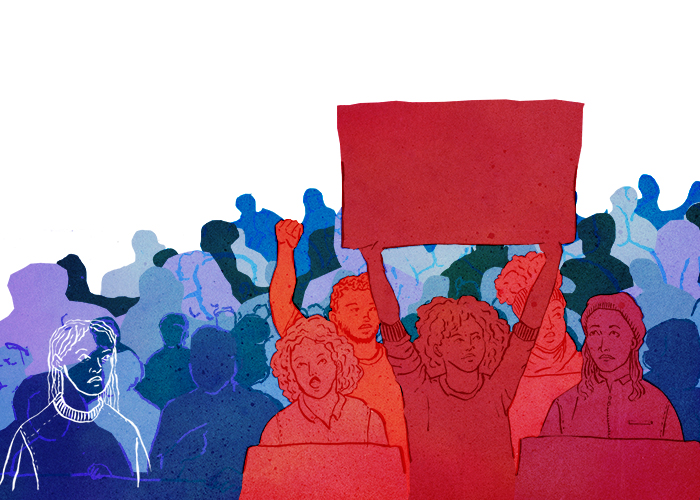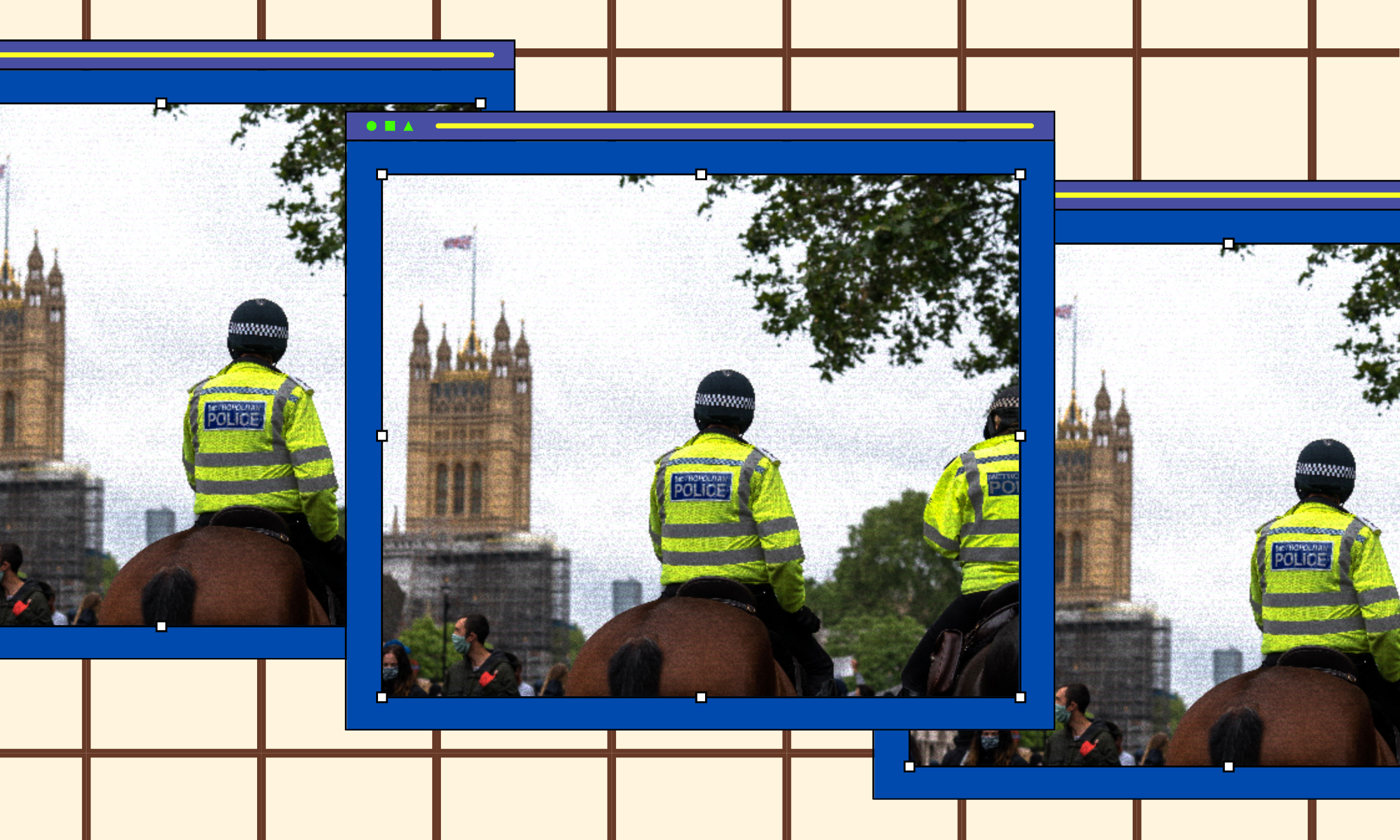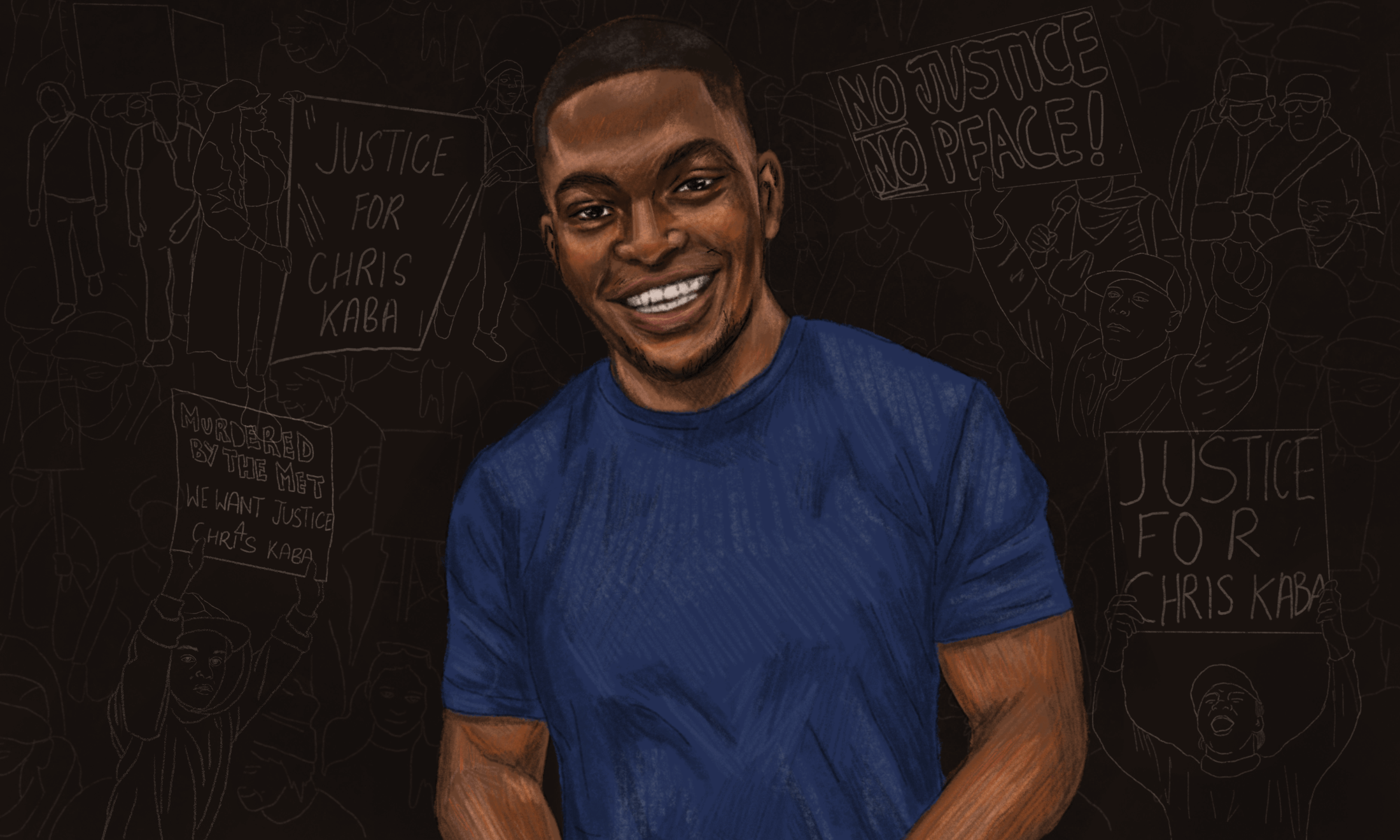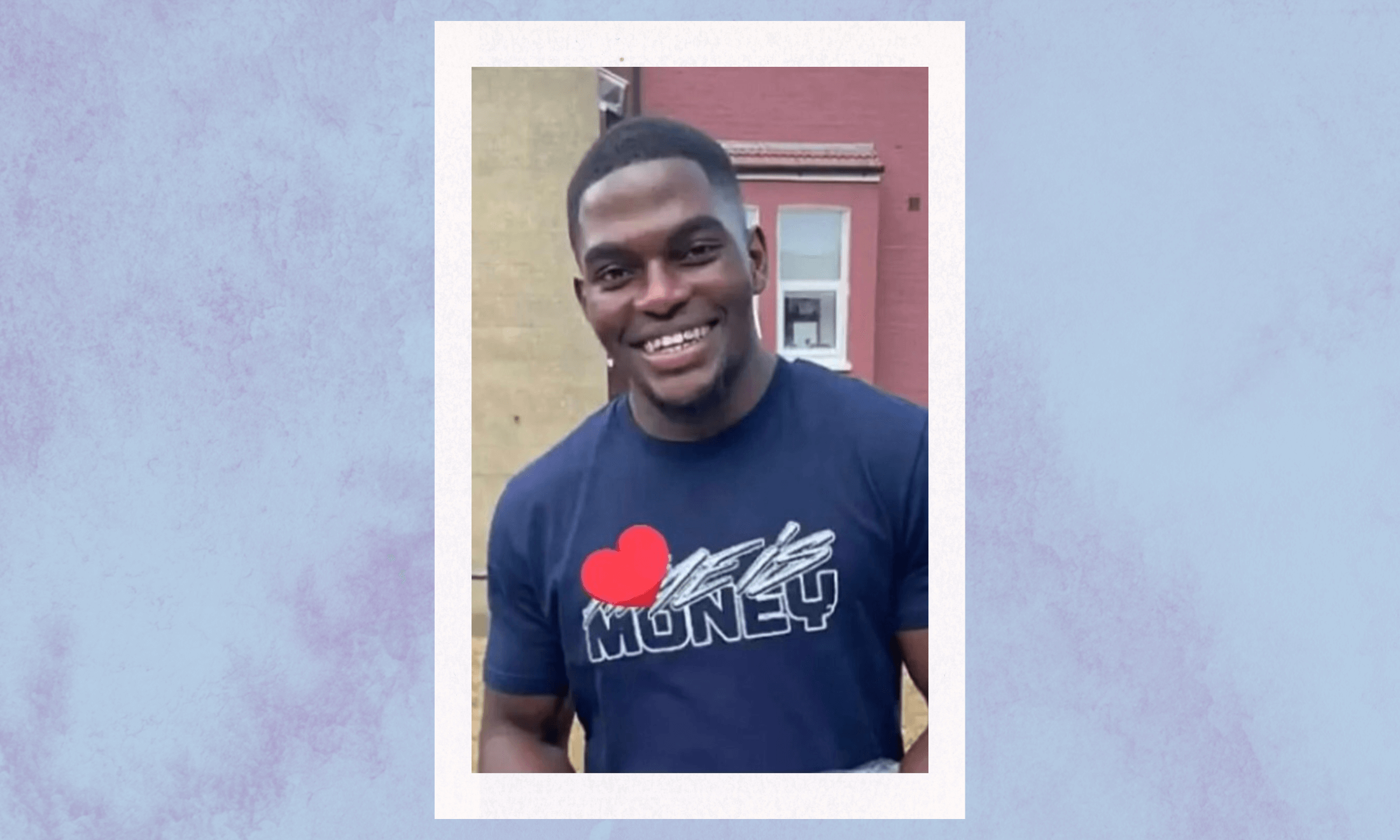
After hearing about the death of Terence Crutcher – an unarmed black man killed by police in Tulsa, Oklahoma, Sadiyah Malcolm couldn’t sleep. She recalls spending the night talking to her roommate about what had happened.
“It kept me up for so long,” said Malcolm, a 21-year-old student from Howard University, who is currently studying in Europe.
While walking to class in central London the following morning, Malcolm remembers hearing a broadcast about the shooting. She decided to reach out to her program director to talk about how events like Crutcher’s death affect her and other black students who are abroad.
“He was probably the only one – him and another professor – they were the only two people who really understood where I was coming from when I spoke about how that traumatizes these students who are studying abroad,” said Malcolm.
“I go to a historically black university, and when something like that happens, there’s no question as to whether or not your professor will be addressing that the next morning in class. There’s no question as to whether or not your friends are going care about who got shot down by the police,” said Malcolm. “But since I’ve been here, there’s a silence about it, and it’s hurtful.”
I meet Malcolm a few weeks after this. We connected over our shared experience as black women abroad during a time of heightened racial tension in the United States. For us and for many other people of colour from the US, it can feel bizarre and disconcerting to experience the visceral reactions to US racism while in a place that’s removed from it. It forces us to find new ways to cope and reflect on what’s happening. While there can be pains of separation, for some distance can be cathartic and for others it can prove to be a learning experience to witness firsthand how the events in the US fit into the global context.
However, after watching a video of someone be killed, the first reaction is rarely to go straight to analysis and learning. There is instead anger, grief, sadness and mourning. In the United States that anger and sadness usually takes form in protests, rallies and tearful conversations.
After the deaths of Terence Crutcher, Keith Lamont Scott and Alfred Olango in September, those of us in London weren’t able to participate in our usual methods of mourning. Removed from friends and family, we had to search for new communities and outlets where we can vent, reflect and discuss solutions.
Finding these spaces can be difficult, especially as a student since many U.S. study abroad programs have low enrolments of minority students. African American/black students make up under 6 percent of those who go abroad, Hispanic and Latino Americans make up about 8 percent, according to data from the NAFSA: Association of International Educators.
This can make it difficult to find people who relate to the experience as a person of colour.
“I don’t have a community here that I can go to,” said Elliott Maya, a student from Grinnell College who is currently studying in London. “I have all these white friends – ones who are trying to be allies and are informed – and while they definitely have the sympathy of understanding the horror of watching brutality and another person die, I don’t think the fear is as personal. They can watch something and say that’s horrible, and walk away and do the rest of their day. I can’t do that. I’m in my body and I’m seeing myself on the screen, I’m seeing my brother, my family, my friends and that’s really been difficult.”
For Maya, at first the decision to study abroad was a way to distance herself from the political climate in the U.S.
“I had this feeling of I needed to run. I feel like there’s been an onslaught of horrible things happening in all of the communities that I hold an identity in,” said Maya, referencing the mass shooting at the gay nightclub Pulse that left 49 dead.
“It got to a point where I was withdrawing because to be outside, to be in world, to be active, meant pain and it meant that I couldn’t go on social media because I couldn’t escape looking at an article.”
London was Maya’s chance to escape from that for a little. After spending the first month distancing herself from the turmoil in the U.S. she’s now slowly starting to re-engage.
“I’ve recognised that pain of education is necessary to be informed,” said the 20-year-old, adding that she has found self-reflective ways to cope and move forward.
“I do a lot of writing; it will be poems, it will be blog entries, it will be thinking about a conversation I would have with a friend if they were here,” said Maya. “It still hurts but I’m learning how to manage the hurt a lot better while I’m here.”
However, Maya’s search for discussion about race, even with those outside of her program, has hit a wall.
“Here in London, I’ve had interesting dialogue where people will talk about Trump but the racial and sexual assault aspect is completely gone. They’ll be like ‘he’s an idiot.” I’m like ‘yes he’s really dumb, but he’s also a molester, a sexual assaulter and a racist,’” said Maya. “Having Londoners, in what is one of the most global cities in the world, want to skirt around the issue of race is just like people at home who want to avoid race or point blame. I expected more openness.”
While many seem to have a reluctance to talking about race, myself and other study abroad students have found comfort in the many niche communities throughout the city that make it a point to understand these issues and to celebrate people of colour. For me, that’s been places like Black Cultural Archives in Brixton, and at events like the Hackney One Carnival and the London AFROPUNK festival. It’s been in these areas where I’ve been re-inspired about what we can accomplish together as members of a diaspora.
At these places there’s been conversations not only about racism in the UK, but about what’s going on in the U.S.; about the progress that’s been made and how further to build off of that. There is a positivity to the discussions, a positivity that’s been fading back home amidst the constant news of injustice.
Conversations like these have been a reminder of the global outreach that a movement can have. They have also been a reminder that progress takes many forms and although we are thousands of miles away, we are still an important part of the ongoing movement happening in the U.S. and worldwide to support people of colour.
For Malcolm, she views the education she’s getting abroad as just as valuable.
“While protest is a part of the movement, I think what I’m doing right now; being conscious of what’s going on, trying to elevate myself as a student, as a scholar and to consciously be black and be myself everywhere that I go is part of the [movement] as well,” said the 21-year-old Sociology and Africana Studies major.
In addition, for myself, Malcolm, Maya and many others, while travel has at times been difficult especially during times of conflict, it has been invaluable in understanding ourselves and our place in the world.
“The thing that I most value is being black and studying abroad really helps you to locate yourself, on so many different levels,” says Malcolm. “It helped me to open up my mind so much to what blackness is and encompasses because so often in America we define our blackness in juxtaposition to whiteness, and we existed before that, so of course who we are goes beyond skin colour.”
Malcolm said she plans to continue to travel and to bring what’s she observed and learned in London and across the globe back to those in the U.S. who are unable to travel.
“I wish that I could bring more of me with me,” she says. “Meaning I wish I could bring my whole hood out here.”









